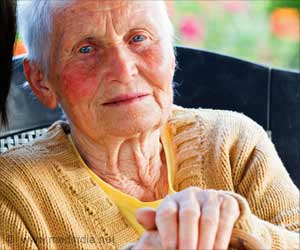Research states that the chance of having an heart attack is double among individuals who have not completed high-school.

- The risk of heart attack among adults with no education was double or around 150% higher compared to educated individuals.
- The likelihood of having the first stroke was 50% higher among non-educated individuals.
"The lower your education, the more likely you are to have a heart attack or a stroke - that's the disturbing but clear finding," said lead researcher Rosemary Korda, research fellow at the Australian National University (ANU).
Finding the Link
Researchers investigated the link between education levels and cardiovascular diseases by studying 267,153 men and women aged over 45 years from the state of New South Wales. They followed the people for over five years.
The researchers found that in adults aged 45-64 years,the risk of heart attack was more than double, at nearly 150% higher, among those with no educational qualifications compared to people with a university degree.
The chances of stroke among middle-aged adults who had not completed high school were 50% higher and with non-university qualifications were 20% higher compared to those with a university degree.
The reason for this difference can be attributed to certain factors influenced by education level such as:
- type of job one has
- the place where an individual resides
- the food choices that an individual makes
"What these differences in cardiovascular disease rates between more and less disadvantaged groups show us is just how much cardiovascular disease in the population can be prevented," Korda added.
The research provides an opportunity to further investigate the relationship between educational achievement and cardiovascular diseases, and what can be done to reduce this risk.
The results were published in the International Journal for Equity in Health.
Reference
- Rosemary J.Korda. Socioeconomic variation in incidence of primary and secondary major cardiovascular disease events: an Australian population-based prospective cohort study. International Journal for Equity in Health; (2016) DOI: 10.1186/s12939-016-0471-0
Source-Medindia















